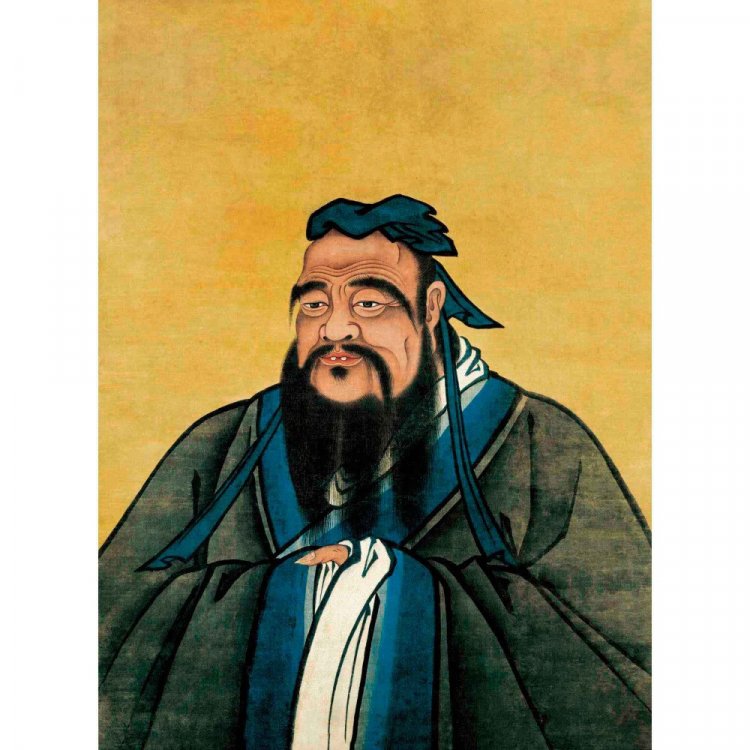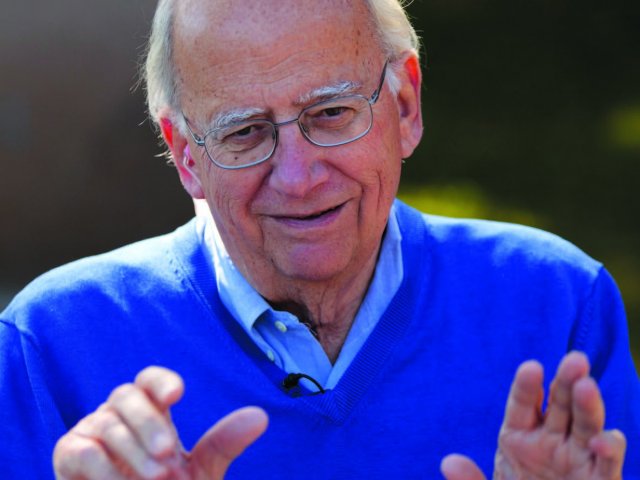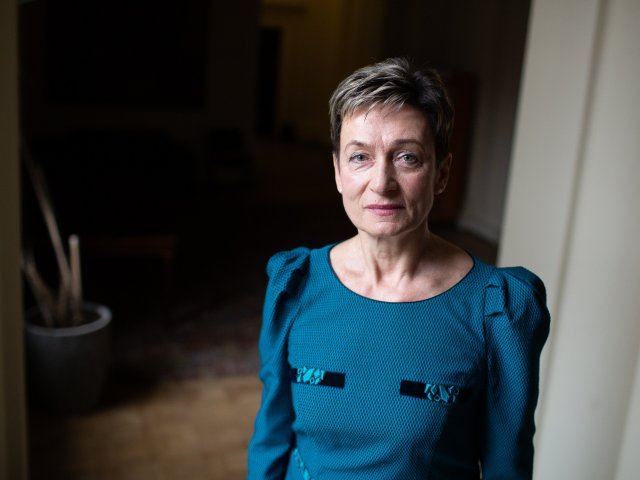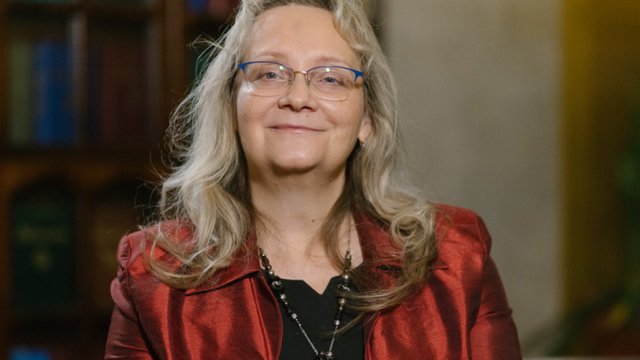Official:
Confucius (real name Kongqiu). Circa 551 BC – 479 BC. Chinese thinker, philosopher, and teacher.
Life and Work:
1. According to the Chinese, more tourists visit the town of Qufu in the Shandong Province than the tomb of the “great helmsman” Mao Zedong in Beijing. What made this town so famous? Why does it have so many UNESCO World Cultural Heritage Sites? Due to the fact that about 551 BC the Chinese thinker and philosopher Kong, whom they often call Kongfuzi, that is, Teacher Kong, was born there. Europeans are more accustomed to calling him Confucius.
2. According to legend, shortly before giving birth to Confucius, his mother was visited by a mysterious animal chi-lin, a unicorn, who predicted that her son would become a king without a throne. And he really became one – after all, the entire teaching, Confucianism – a kind of religion without a church – bears his name.
3. Confucius was born into an aristocratic but impoverished family. He was a son of 63-year-old military man Shu-liang He and his third wife Yan Zhengzai. Confucius’ father dies when he was one and a half.
4. The orphaned mother and son lived in isolation and in great need, so the future founder of Confucianism worked hard since childhood. His mother told him about his ancestors’ deeds, and Confucius decided to become worthy of the family. This required an education, and he started to study old books and ancient traditions.
5. Before becoming famous as a teacher, Confucius served as an official, married, and produced a son.
6. Gradually, Confucius became known as a great connoisseur of books and rituals, and other people craving for knowledge reached out to him – Confucius was in his early twenties when he was recognized as a teacher.
7. The venality and greed of his fellow officials disappointed Confucius, and he resigned. Together with his disciples, he set off on a pilgrimage across China to preach his ideas to the rulers in different regions of the Middle Kingdom.
8. His disciples recorded his conversations and thoughts – that was how the book Lun Yu (“Conversations and judgements” in Chinese) appeared.
9. What is the essence of Confucius’ teaching? The ideal of Confucianism is a harmonious society, where everyone is in their place.
10. In his teaching, Confucius distinguishes five main virtues, or five constants of a noble person: benevolence, righteousness, propriety, wisdom, and trustworthiness.
11. Confucius is considered the author of the golden rule of ethics: do not do to others what you don’t want to be done to you.
12. Confucius said, “By three methods we may learn wisdom: first, by reflection, which is noblest; second, by imitation, which is easiest; and third by experience, which is the bitterest.”
13. According to Confucius, a wise man is ashamed of his shortcomings, but is not ashamed to correct his shortcomings.
14. According to Confucius, a person has a duty to the state, a higher duty to the community, and the highest duty to his loved ones.
15. Confucius considered the ruler whom the people hate to be the worst one, and the one whom people love – a somewhat better ruler. And he considered the ruler whom the people do not notice the best.
16. Confucius said that ignorance was “the night of the mind, but a night without moon or star.”
17. “If the country is on the right path, speak and act boldly,” Confucius instructed his disciples, “if it is not on the right path, act boldly, but speak cautiously.”
18. “If you have been stabbed in the back, at least that means you are in the lead.” “If you have an enemy, go to the river, sit by the water and watch,” Confucius advised, “sooner or later the body of your enemy float by.” You can quote the Chinese philosopher’s wise thoughts on and on. And we often do, even without knowing that we cite Confucius.
19. At the age of sixty, Confucius returned home and spent the rest of his life editing ancient chronicles and literary heritage of past centuries.
20. Confucius is credited with editing many books, but scholars believe that he was undoubtedly related only to Chunqiu, literally Spring(s) and Autumn(s) – the annals of the State of Lu from 722 to 481 BC. It is very likely that Confucius edited Shijing (Classic of Poetry).
21. Chinese scholars estimate the number of Confucius’ disciples at 3,000; 70 of them were his closest followers. However, only 26 of them are known by name.
22. In the first century BC, Confucianism became the official ideology of China for two long millennia.
23. Gradually, the cult of Confucius emerged in China. In 1 AD, it became an object of state veneration. In 1530, Confucius was awarded a complex Chinese title, which means “an exemplary teacher for all ages.”
24. But it seems that Confucius did not say anything about the black cat in the dark room; the Vayner brothers attributed this phrase to him in The Meeting Place Cannot be Changed movie.






















